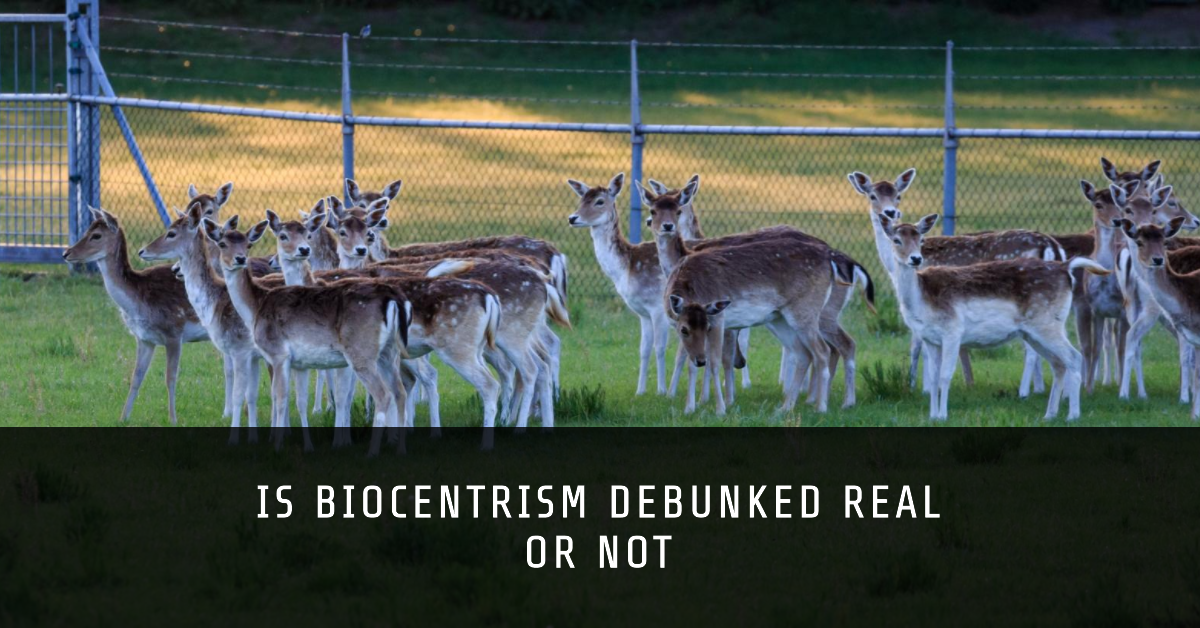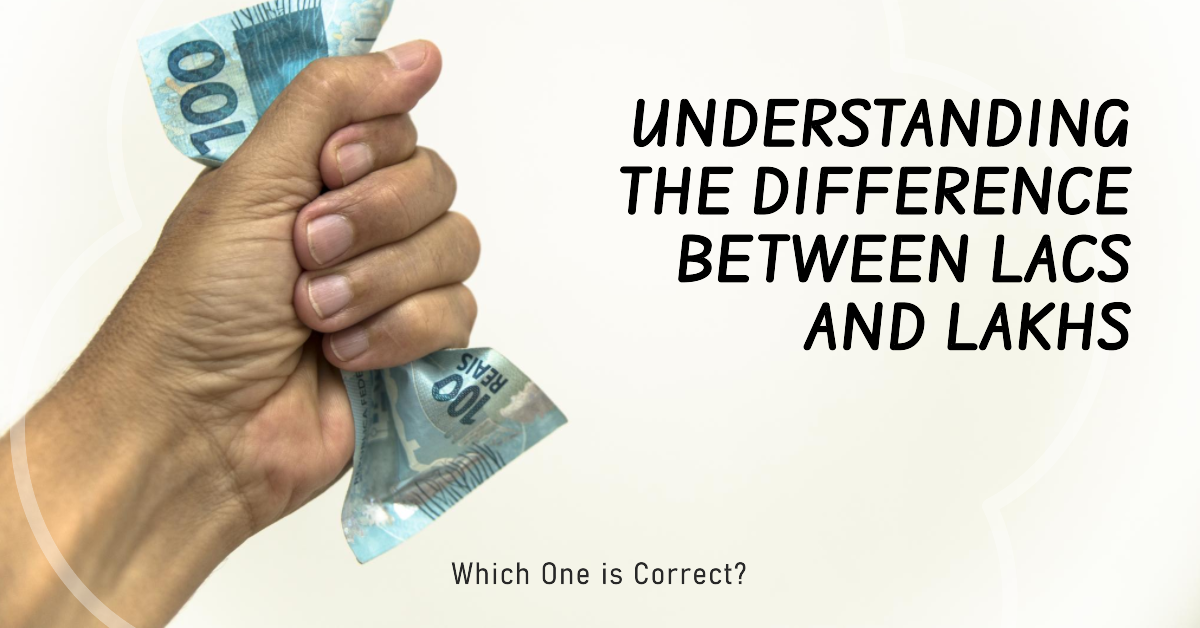The Biocentrism philosophy proposes that consciousness, not matter or space itself, is fundamental to the universe. It also claims that physical reality is an outcome of consciousness. Robert Lanza first presented it in 2007 with his book Biocentrism – How Consciousness and Life Are Keys to Understanding The True Nature Of The Universe.
Biocentrism, for many people, is not so new but a much better perspective to view the universe. Others find it difficult to understand. People have argued for and against biocentrism ethically over the years. Biocentrism has been found to have many flaws and also lacks any empirical proof. But is biocentrism debunked by philosophical and scientific analysis?
What is Biocentrism Theory?
Biocentrism states that everything in the universe is directed by consciousness, and everything else is just a result. The words bio and center are synonymous with essence, vitality, or life. Therefore, biocentrism is a theory that states bio (life), the central part of the universe. Robert Lanza used this term for the first time in his Journal, Biocentrism. How Consciousness and Life are Keys to Understand the True Nature Of The Universe. The publication produced by Robert Lanza challenged previously held philosophical and scientific beliefs. Biocentrism is concerned with issues such as self-preservation and moral responsibility for all organisms.
Criticism of Biocentrism Debunked
Biocentrism is criticized for the following reasons.
Absence of empirical evidence
This theory is not supported by any practical (empirical) evidence. The theory is criticized for denying previous views on consciousness. However, there is no tangible evidence or predictions to back it up.
Biocentrism debunked due to its inability to be falsified. It is a fact that you cannot prove something does not exist without the opportunity to examine it and analyze if it actually happened or not.
Modern Physics and Contradiction
A second criticism of biocentrism is that its foundational principles are in contradiction with established laws and rules of physics. This claim has no basis. The theory could be a failure in practice. Biocentrism believes that the universe is a mental construct. However, no invention of modern times supports this view.
There are many ways that modern physics can prove the existence of the universe as a physical, measurable entity. Sean Caroll, a physicist, said that the theory is unreliable because it lacks any scientific foundation.
Supporting Arguments
Consciousness is the core:
Biocentrism provides an explanation of consciousness. Many traditional physical theories struggle to explain this concept. Biocentrism explains our sense of self by placing consciousness in the center.
Perception of Existence and Reality:
This theory stresses the importance of perception when it comes to shaping our universe. The theory suggests that we can understand the conditions that seem to be perfectly tailored for our universe when we recognize that consciousness and life are at their core.
Biocentric Rules: Practicality and Effectiveness
Biocentrism has been criticized for its unreasonably strict rules. Critics say that, for example, following the non-maleficence rule strictly would mean that humans cannot eat and that animals or vegetables must be killed.
This is a dilemma from a biocentric perspective. Biocentrists must not kill any living creature because humans are obligated to consume food in order to survive.
Biocentrism and Anthropocentrism
Biocentrism is the opposite of anthropocentrism – a person-centered ethics. Anthropocentrism sees humans as superior and separate from plants and animals. The view allows nature to be used for human benefit.
Anthropocentrism has been accused of focusing on the present and future only. One example of anthropocentrism is the wasteful use of limited resources such as petroleum.
Biocentrism and Ecocentrism
Ecocentrism promotes the moral importance of living and non-living entities, such as soil, mountains, water, etc. Ecocentrism focuses on ecological systems such as species, habitats, and ecosystems. Also known as environmental holism.
Ecocentrism differs from biocentrism in that it extends moral consideration to all living things.
Biocentrism is a focus on individualism. It is a mental construction that never gives more importance to one person than another. Ecocentrism, on the other hand, places species and ecosystem survival over the individual.
Conclusion:
Biocentrism is a moral philosophy that extends to all organisms, whether they are sentient or non-sentient. Animal rights are also promoted. Like all theories of philosophy, however, there are loopholes. Should you then debunk the biocentric theory? Instead, we’d learn from it. Biocentrism debunked or not, it is not clearly stated. It’s an aspect of the world that emphasizes the importance of perception and consciousness. The lack of evidence and the ambiguity of existing scientific concepts make this theory controversial. You must admit that biocentric ethics encourage people to reconsider their relationship with nature, regardless of whether you agree with them. It is important to see yourself as part of nature rather than as superior. This can help correct exploitation.













